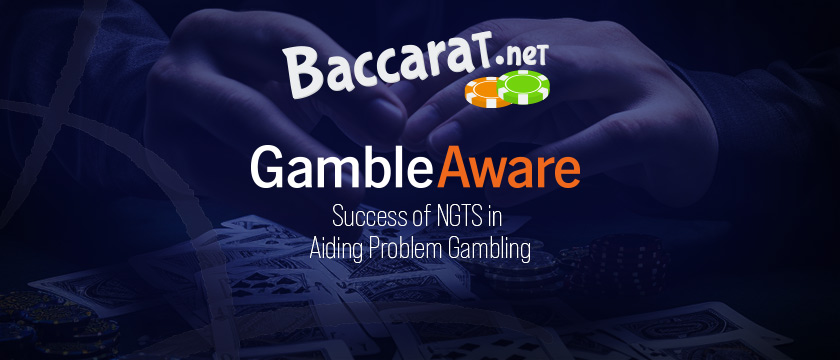GambleAware Hails Success of National Gambling Treatment Service

Recent data from the UK charity GambleAware has highlighted the significant impact of the National Gambling Treatment Service (NGTS) on individuals facing gambling issues.
An impressive 88% of those who completed treatment with NGTS experienced improvements, with a marked decrease in gambling related problems. This data, drawn from the 2022/, coincides with GambleAware’s call for the UK government to ensure that the new statutory levy proposal does not threaten the stability of third-sector support services.
The NGTS, commissioned by GambleAware, is a collaboration of 10 organizations across England, Scotland, and Wales. These groups offer free, confidential treatment, along with early intervention and prevention services for those struggling with gambling harms. Each year, the NGTS assists nearly 7,000 individuals through structured support, while the National Gambling Helpline handles over 44,000 calls. Impressively, 50% of people are seen within five days of referral and 75% within nine days.
Anna Hargrave, Chief Commissioning and Strategy Officer at GambleAware, commented on the importance of this prevention-focused approach.
“Today’s data clearly demonstrates the value of the prevention-focused approach applied through our network. It is a timely reminder of the importance of investing in early treatment – especially as recently reported figures from the Gambling Commission suggest prevalence of harmful gambling may be much larger than previously estimated.”
We urge you to play responsibly and for fun at online baccarat sites, keeping in mind the recommendations of the NGTS.
Relaunch and Rising Demand of NGSN
Earlier this year, GambleAware relaunched the National Gambling Support Network (NGSN), which has since become a crucial resource for those in need. Between April and June 2023, the service experienced a 24% increase in calls to the National Gambling Helpline compared to the previous year. There was also a 46% rise in early intervention through the helpline and an 18% increase in demand for structured treatment.
Graham England, CEO at Ara Recovery for All, acknowledged the significance of NGSN services:
“NGSN services represent the first line of defence in supporting and reaching people before problems with gambling become catastrophic consequences. We are talking about brilliant, dedicated teams making a decisive difference in the lives of thousands of people across Great Britain. The latest data from this network commissioned through GambleAware, highlights just how effective, and desperately needed, those tailored, community-focused, interventions are.”
Additional data from GambleAware showed an increased demand for preventative support. The first quarter of the year saw a 46% rise in assistance delivered via the National Gambling Helpline. The charity emphasized the effectiveness of their services, with a focus on early intervention and prevention.
Concerns over Statutory Levy and Third-Sector Stability
However, GambleAware expressed concerns that the government’s current proposals for a statutory levy on gambling operators could jeopardize these services. Zoë Osmond, CEO of GambleAware, welcomed the government’s move for a statutory levy but highlighted the need for transparency and long-term funding. Osmond expressed concern about the future of dedicated third-sector support workers and the communities they serve, stressing the need for government reassurance to protect these essential services:
“We welcome the government’s forthcoming statutory levy on gambling operators – it is a measure we have long called for to make sure that funding for vital research, treatment and prevention of gambling harms is both long-term and transparent. However, the focus on specialist-led services means right now, hundreds of dedicated third-sector support workers are deeply concerned about their future and the future of the communities they serve. There is an urgent need for reassurance from the government that these essential services will be protected during and following the transition. We cannot lose the vast years of experience and expertise contained in the National Gambling Support Network and the wider third sector.”
Experts have warned that the government’s new proposals might also strain NHS resources and extend waiting lists. Professor Dame Clare Gerada, involved with the NHS Primary Care Gambling Service and part of the NGSN, stressed the importance of a preventive approach in tackling gambling harms, noting that while NHS gambling clinics are valuable, a broader strategy is necessary to prevent harms from escalating. Gerada emphasized that gambling issues should be addressed as a societal, public health concern rather than solely relying on the specialist sector.



